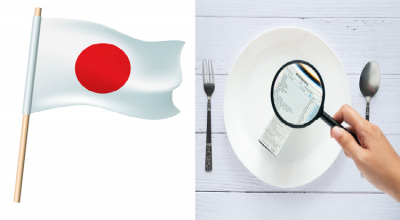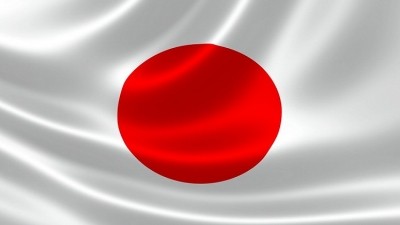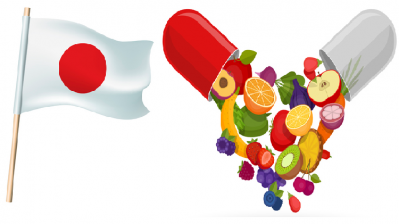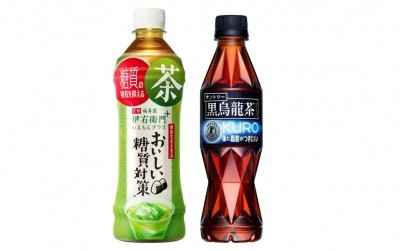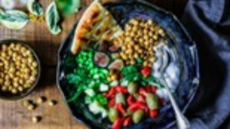Passing the acid test: Lemon juice decreases blood glucose spike post-meal - Pokka study
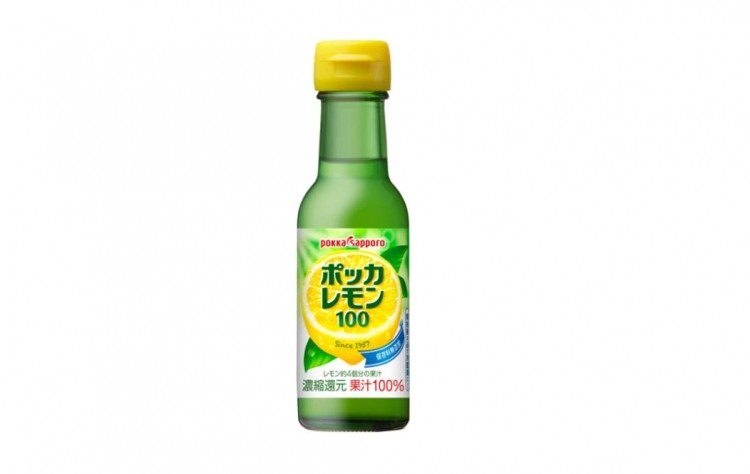
Researchers from Pokka Sapporo Food and Beverage and Doshisha University in Kyoto conducted this study to assess a means of reducing glycative stress, a risk factor for ageing, diabetes, osteoporosis and dementia.
Pokka Lemon 100 is a 100% concentrated reduced lemon juice with no added preservatives. A check on the product found its ingredients were lemon and fragrance, with a shelf life of nine months.
Researchers suggested that citric acid from lemon juice had the potential in reducing glycative stress and may contribute to the prevention of ageing and disease progression.
The study was published in the Glycative Stress Research journal.
Methodology
In this small study, 12 healthy subjects were recruited aged between 20 to 30 years.
During the intervention, subjects were divided into three groups. Group A consumed 200g of packaged cooked rice from Sata Foods, Group B ingested 15g of lemon juice followed by 200g of cooked rice, and Group C consumed 30g of lemon juice followed by 200g of cooked rice.
Lemon juice (15g, 30g) was diluted with 150mL of water.
Subjects were tasked to consume the given foods within 10 minutes.
Their blood glucose levels were measured at 0 (before consumption), 15, 30, 45, 60, 90 and 120 minutes after consumption.
Researchers measured the change in blood glucose levels (ΔBG). The ΔCmax was also measured to analyse the maximum change in BG levels.
Post-meal blood glucose
It was found that after 45 minutes, group C observed a significantly lower blood glucose level at 126.8 mg/dL compared to Group A (143.5 mg/dL) and the ΔBG was significant (p<0.05).
The ΔBG in Group B was also lower than that of Group A, however the difference was not significant.
ΔCmax for Group A was 71.3 ± 4.2 mg/dL, B (67.4 ± 4.2 mg/dL) and C (56.8 ± 3.6 mg/dL). The ΔCmax of Group C was 20.3 % (–14.5 mg/dL), significantly lower than in Group A (p<0.05).
In this study, researchers said the components in lemon may contribute to the postprandial hyperglycaemia-suppressing action, mostly due to its citric acid and polyphenols.
The lemon juice used in the test contained 6.3% citric acid. Group B and C ingested 0.95g and 1.9g of citric acid respectively. Since only Group C recorded a significant lower blood glucose level, it was estimated that the effective amount of citric acid for suppressing postprandial hyperglycaemia when ingesting 200 g of cooked rice was 1.9 g.
Another study reported that consumption of grapefruit prior to bread could suppress postprandial hyperglycaemia, similarly attributed to citric acid.
Polyphenols contained in fruits have also been studied for its α-glucosidase inhibitory effect, which has shown also in lemon peel extract.
Potential target
Even in healthy subjects, extreme postprandial hyperglycaemic conditions can cause glycative stress, leading to the excessive secretion of insulin and long-term can result in insulin resistance.
In addition, blood levels of glycation intermediates such as 3-deoxyglucosone, glyoxal, and methylglyoxal can increase in response to an elevation in postprandial blood glucose. Methylglyoxal in blood can damage vascular endothelial cells.
Researchers said suppression of postprandial hyperglycemia may help prevent tissue or organ damage.
Researchers suggested that consuming a beverage or food containing 30g of lemon juice before meal may reduce glycative stress by suppressing postprandial hyperglycaemia, thus contributing to the prevention of ageing and age-related diseases.
Source: Glycative Stress Research
doi:10.24659/gsr.7.2_174
“Effect of the postprandial blood glucose on lemon juice and rice intake”
Authors: Masayuki Yagi, et al.
